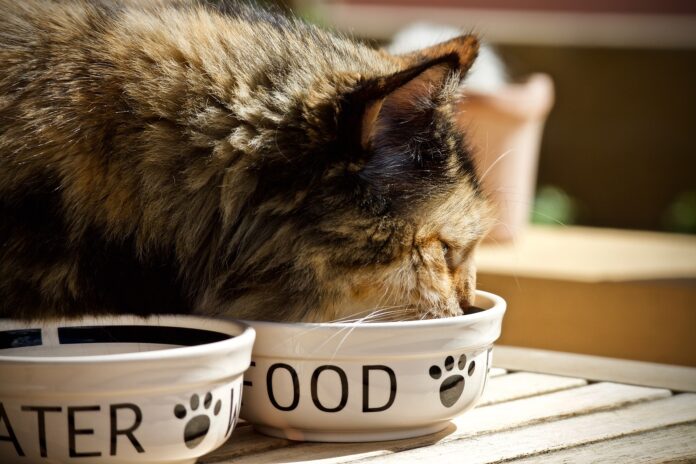Understanding the Unique Dietary Needs of Cats
Unlike dogs, which are omnivores, cats are strict carnivores with specialized dietary requirements essential for their health. This article explores the unique nutritional needs of cats to ensure they thrive on an appropriate diet.
Carnivorous Metabolism: A Deeper Look
Cats possess a unique metabolism that differentiates their dietary requirements from those of many other domestic animals. While dogs can efficiently process both animal and plant foods, cats require specific nutrients primarily derived from animal sources. It is critical that cats do not follow a vegetarian diet and must include animal protein in their meals.
The Importance of Protein for Cats
Protein is a fundamental component of a cat’s diet. The protein requirements for cats differ significantly compared to other species:
- Kittens: Require even higher protein levels for optimal growth.
- Adult Cats: Need 2 to 3 times more protein than dogs or herbivores like cows and horses.
Essential Amino Acids: Arginine and Taurine
Two critical amino acids that cats cannot synthesize in sufficient amounts are arginine and taurine, making them essential dietary components.
Arginine
Arginine is crucial for cats as they lack the enzyme necessary to produce it. This amino acid helps in eliminating ammonia, a waste product from protein metabolism. Insufficient levels of arginine can lead to severe health issues:
- Weight loss
- Vomiting
- Neurological disturbances
- Potentially fatal outcomes
Taurine
Taurine is vital for the overall health of cats, particularly in kittens where it supports normal growth. A deficiency in taurine can result in serious conditions, including:
- Retinal degeneration, leading to blindness
- Dilated cardiomyopathy, causing ineffective heart function
- Reproductive issues in adult female cats (queens)
Because of the critical nature of taurine, it is essential for all cat food to include this amino acid, as well as for the diet to be formulated to optimize its availability.
Vitamin Requirements for Feline Health
In addition to proteins and amino acids, cats have unique vitamin requirements:
- Vitamin A: Unlike other animals, cats cannot convert plant compounds (carotenoids) into vitamin A, necessitating its direct inclusion in their diet.
- Vitamin D: Cats cannot synthesize sufficient vitamin D through sunlight, so it must be included in their food, preferably in the animal form (D3) to ensure efficacy.
- Niacin: Cats require higher amounts of niacin compared to other species due to reduced synthesis in their bodies.
The Need for a Specialized Diet
The distinct dietary needs of cats highlight the importance of not feeding them dog food or generic pet food. A carefully formulated diet is essential to meet their nutritional requirements, particularly for protein, amino acids, and vitamins.
Selecting the Right Cat Food
When choosing commercial cat food, look for products that:
- Meet the AAFCO nutrient profiles for cats.
- Have passed animal feeding trials.
- Come from reputable manufacturers with high-quality control standards.
By prioritizing these factors, pet owners can ensure their cats receive the necessary nutrients for a healthy and fulfilling life.
This article was written in collaboration with veterinary student Sasha Santiago, emphasizing the need for informed dietary choices for feline companions.











